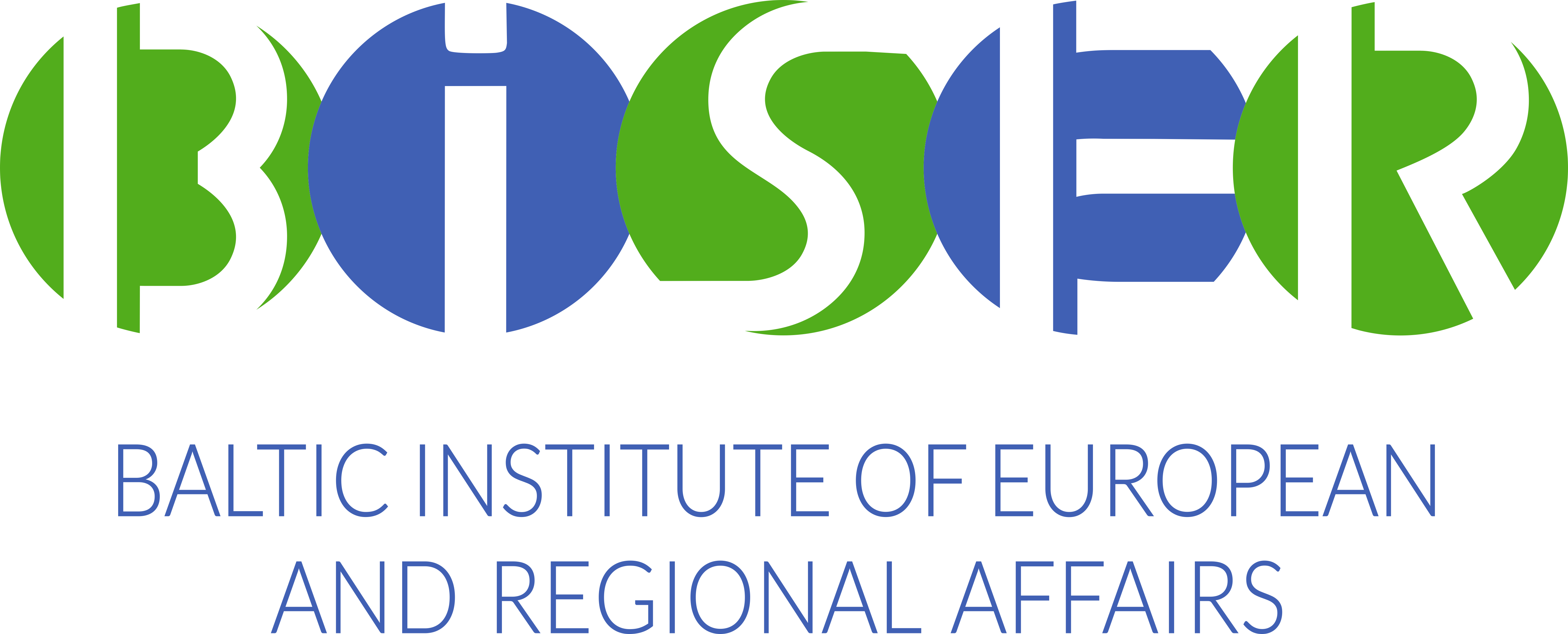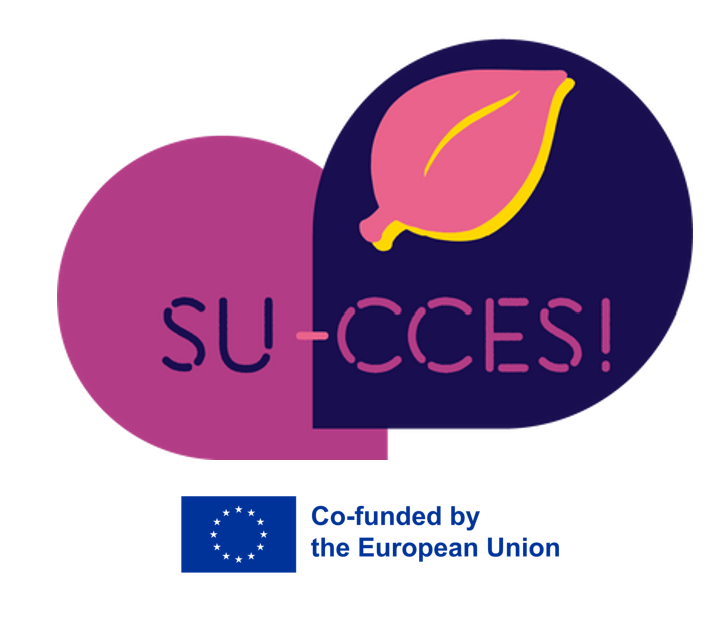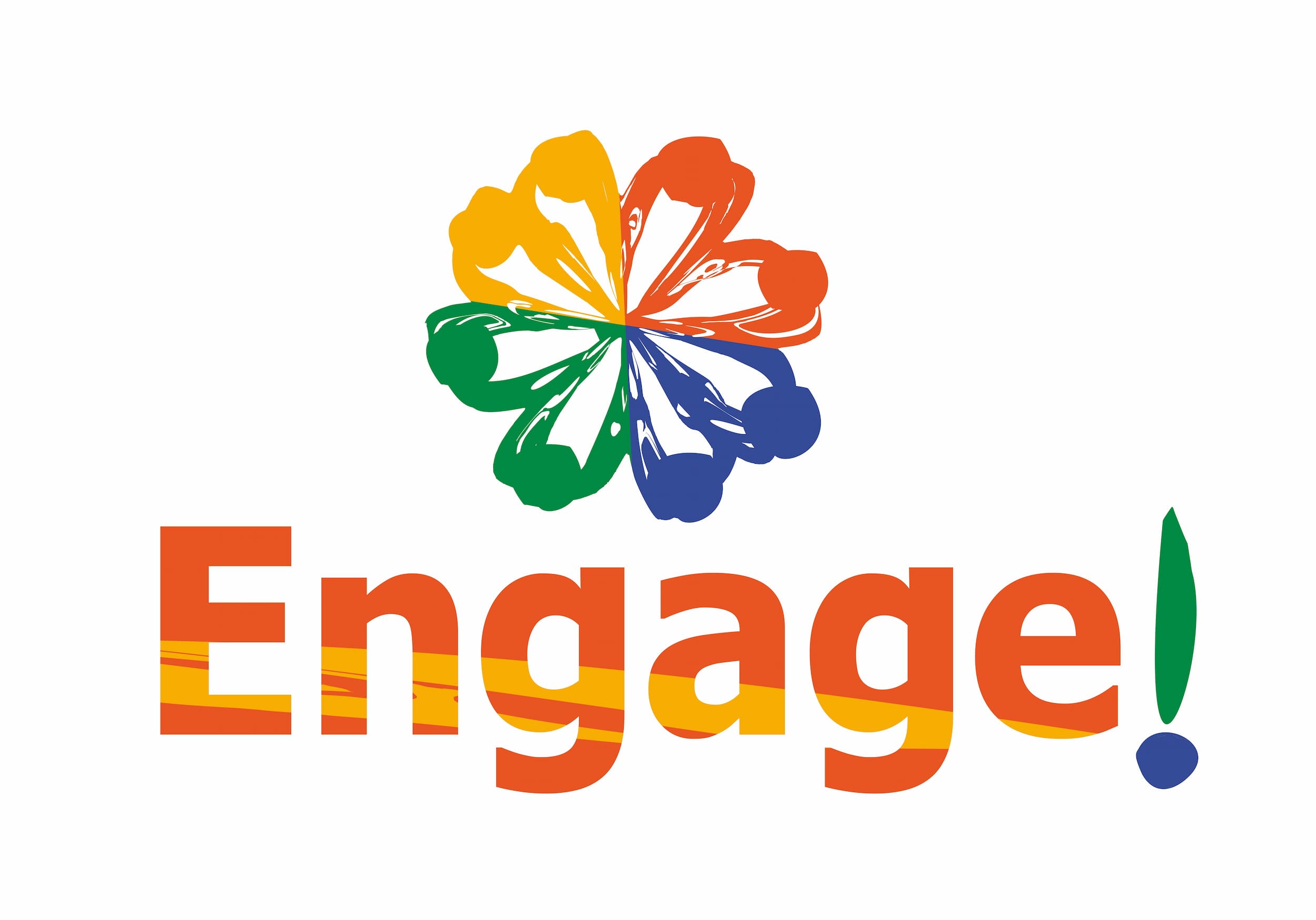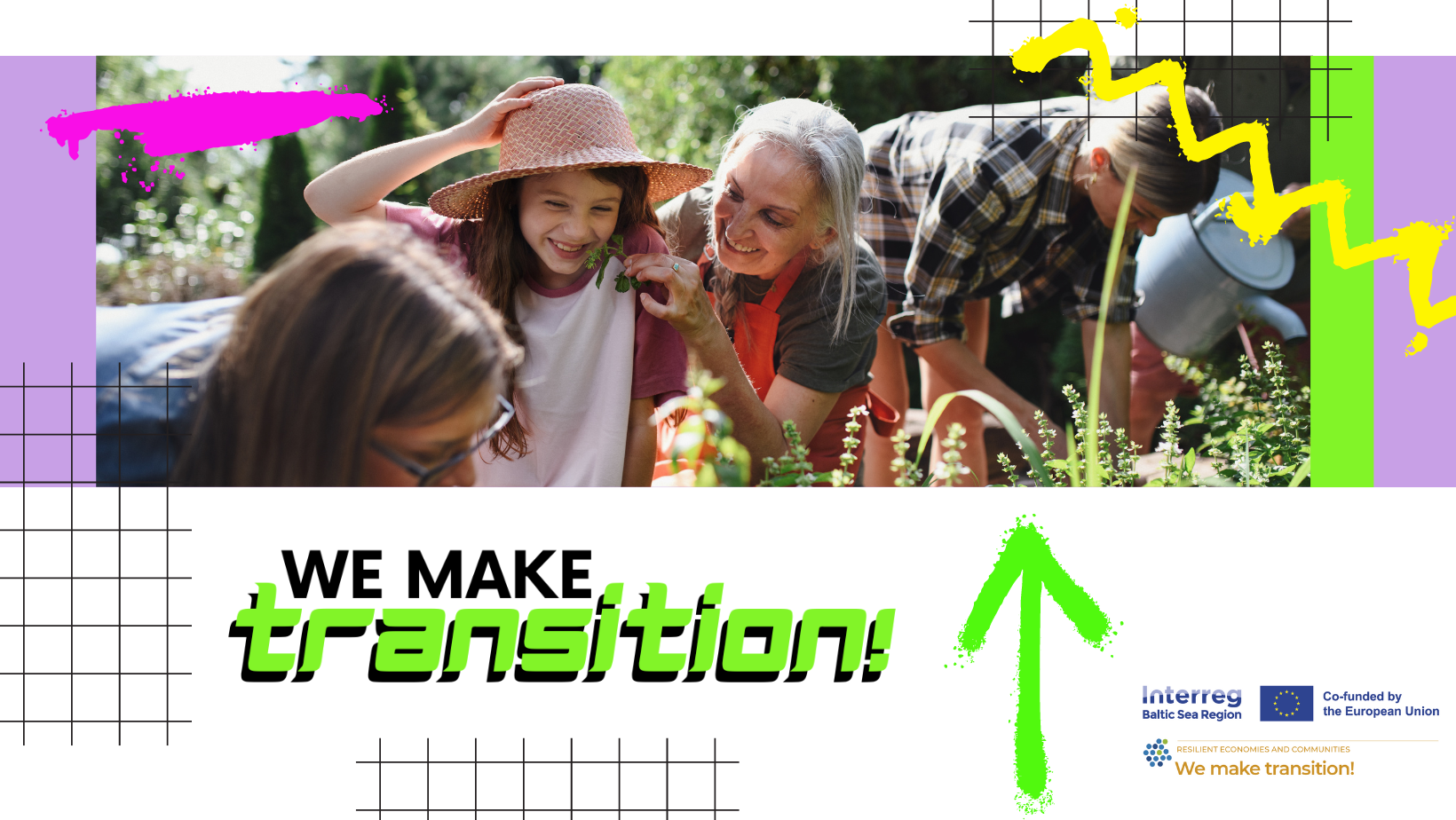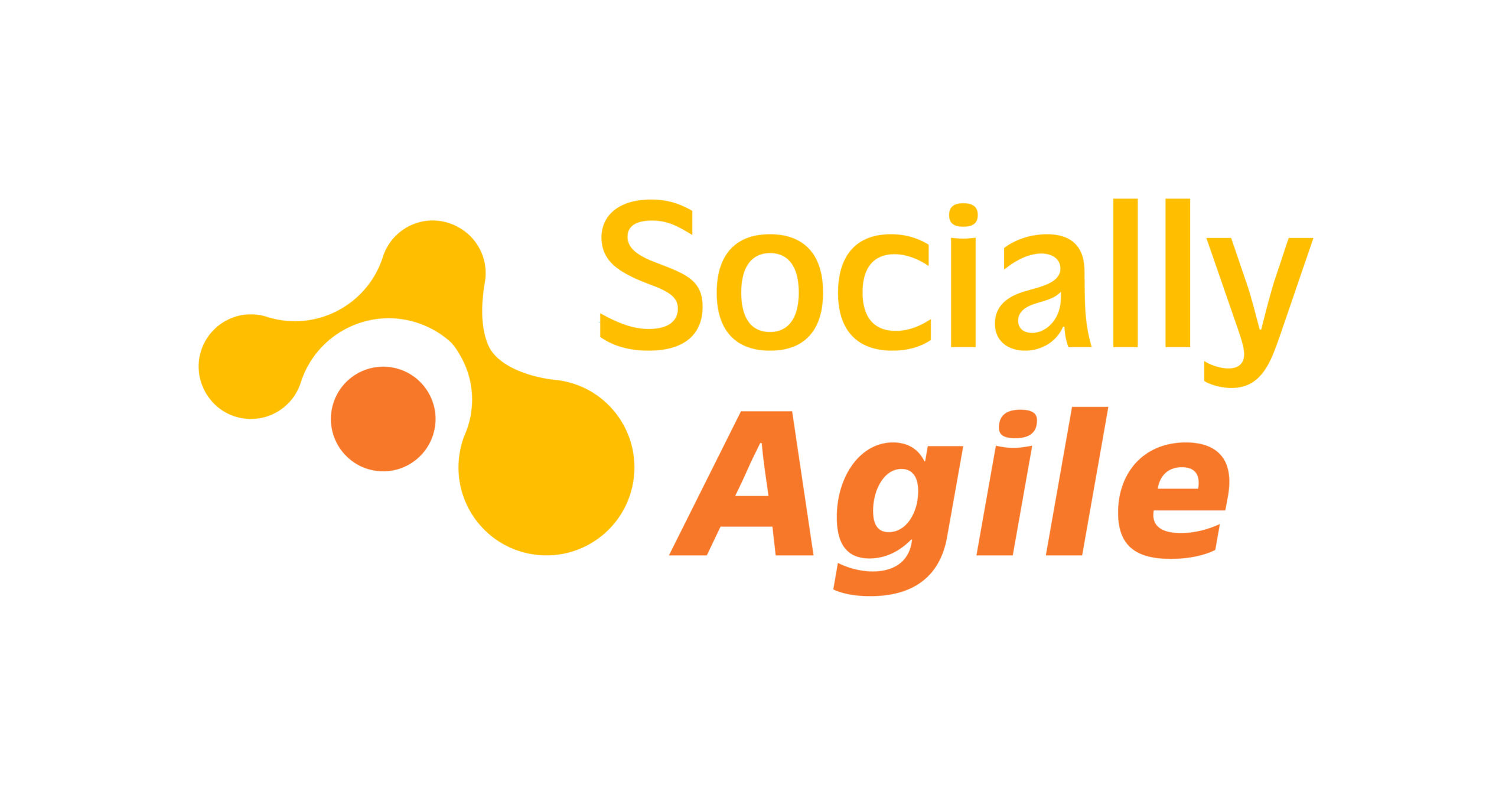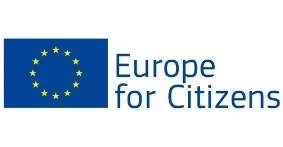The Social SEED project’s overall objective is to design and validate a new social incubator for people at risk of social and economic exclusion. To achieve its goals, the strategic partnership carries out different phases called Intellectual Outputs. Throughout the project, the strategic partnership will design a methodology guide, create and adapt the course contents to the identified needs, validate the developed concepts throughout a pilot incubator and implement a Massive Open Online Course (MOOC) to present the SOCIAL SEED methodology, course and reports. In this report, we will focus mainly on Intellectual output 3 (Validation of the incubation methodology) that has been coordinated by Asociación Con Valores during the winter and spring of 2021. This work aims to explain and evaluate the main steps, methodologies and results developed during those months. It aims at evaluating and demonstrating the interest in implementing an inclusive business incubation model for persons at risk of exclusion with support from the business community.
With this report, we want to share this methodology and make it available to other organisations in Europe willing to use, adapt and improve the model. We believe that inclusive incubation models such as the one developed by Social Seed in partnership with the support of the business spheres can provide innovative solutions to social and economic challenges that European Union is currently facing.
The product of Intellectual output 3 is ,therefore, a report of results and conclusions regarding the practical validation of a social incubator with an innovative design, collaborating companies with NGOs. This report will reflect what has been validated in this IO3: a social incubator for entrepreneurs at risk of exclusion supported by companies. The division of tasks for the creation of the IO3 was a process in which all project partners participated. The profile of each of the participants allowed the possibility that everyone could contribute to each of the intellectual outputs, but at the same time, each of the partners had a specialization to lead certain specific tasks. These were:
- Practical validation of incubation methodology – ACV
- Training and KPIs – F. INICIATIVAS
- Monitoring and evaluation of the entrepreneurial learning process – SOCIAL LAB/ ISM
- Monitoring of the psychosocial part – ANZIANI
- Search for financing for entrepreneurs – BISER
- The methodology used in IO3 was, broadly speaking:
- Identification of micro-entrepreneurship opportunities with the companies
- Selection of entrepreneurs with NGOs.
- Incubation program consisting of: Mentoring, cooperation, training, consulting and
validation with the company that identified the idea. - Search for financing
- Follow-up.
CONTEXT
The Covid crisis that has been happening since 2020 is having a strong impact on companies and employment: although states are trying to give support to the productive sector, many companies and jobs have been destroyed since the beginning of the health crisis. Sectors like tourism or cultural and creative industries are especially affected, and important changes are needed to keep competitive. More and more people are losing their jobs and at risk of exclusion, and the overall poverty in Europe and the World is increasing. In that sense, an inclusive business incubation model like the one we are developing could become part of the answer to the fundamental issues of this crisis: the increase in poverty and companies’ destruction.
For this reason, we also want this report to be a practical instrument to explain and convince the different stakeholders that need to be involved in implementing such models:
- NGOs and social care services working with persons at risk of exclusion;
- private sector willing to support inclusive business initiatives.
Collaboration with the social sector has been fundamental to identifying, approaching, and selecting future entrepreneurs. That collaborated strongly during the preparation phases of the incubation and also during the diffusion of the call for participants. The engagement of the private sector has also been an important condition to succeed in the implementation of this incubator. In total, more than 110 business professionals answered the project call and brought support during the different moments of the process. They also contribute to bringing concrete solutions to a specific problem: the lack of computers for participants. The business areas intensively answered the call launch by ACV managed to provide computers for each participant in a very short time.
Finally, it is important to point out that the health situation strongly impacted the incubation process. Indeed the health situation did not allow face-to-face activities, and the organizers had to adjust their strategy. The social Seed incubator switched from a face-to-face incubation model to online activities and follow-ups. This upgrade in the methodology affected the human dimension of this experience and obliged the different staff and volunteers involved to update their intervention to this situation. However, this forced change in the model also offers new opportunities:
- development of new digital competencies;
- improvement in communication skills;
- organization of and virtual environment for the different incubation steps: training,
mentoring, coaching, follow-up… - no limitation related to distance and mobilities, both for new entrepreneurs, trainers or
mentors.
Read the whole document here:
